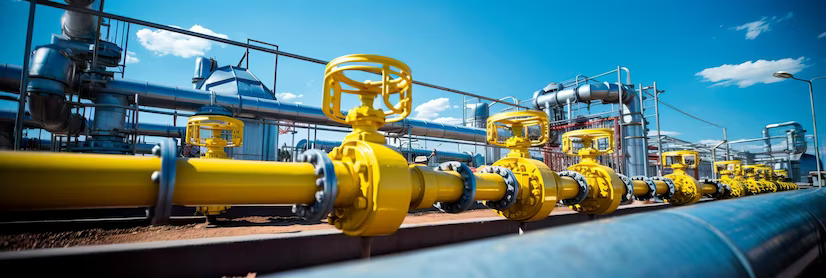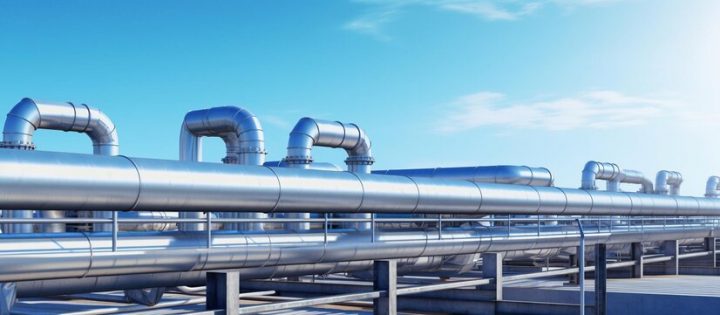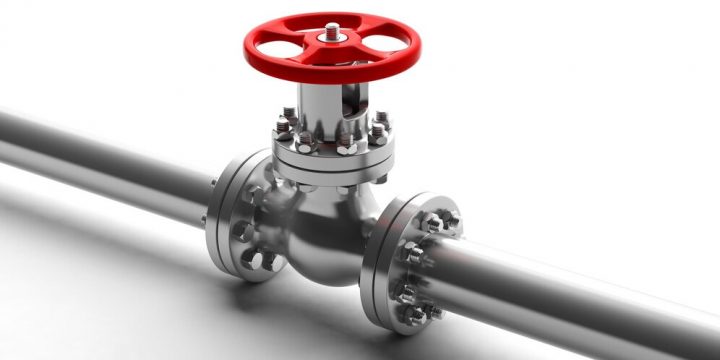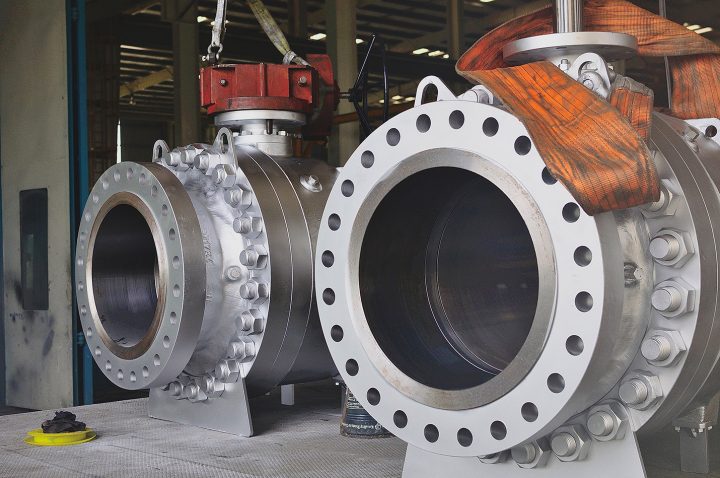In the intricate machinery and systems of industrial settings, one component plays a critical role in regulating flow, pressure, and direction—valves. These often-overlooked devices are the unsung heroes of countless processes, ensuring smooth operations and optimal efficiency. The importance of quality valves in industrial applications cannot be overstated, as they serve as the gatekeepers of productivity and safety across various sectors, from oil and gas to manufacturing and beyond.
Understanding the Role of Valves
Valves are mechanical devices used to control the flow of liquids, gases, or slurries within a system. They can start, stop, or regulate the flow by opening, closing, or partially obstructing passageways. This versatility allows them to fulfill a myriad of functions, including isolation, regulation, diversion, and pressure relief. From simple on-off valves to complex control valves, each type serves a specific purpose tailored to the needs of the process it is involved in.
Ensuring Operational Efficiency
One of the primary reasons for emphasizing the importance of quality valves lies in their direct impact on operational efficiency. In industrial settings where precision and reliability are paramount, even the slightest malfunction or inefficiency in valve performance can lead to significant repercussions. Quality valves not only ensure smooth operation but also contribute to optimal performance, minimal downtime, and enhanced productivity.
Safety First
Safety is a non-negotiable aspect of any industrial operation, and valves play a crucial role in maintaining a safe working environment. Malfunctioning valves can lead to leaks, spills, or even catastrophic failures, posing risks to personnel, equipment, and the environment. High-quality valves undergo rigorous testing and adhere to stringent standards to guarantee reliability and safety under demanding conditions. By investing in quality valves, industries mitigate potential hazards and uphold their commitment to workplace safety.
Durability and Longevity
Industrial environments are harsh and demanding, subjecting equipment to extreme conditions such as high temperatures, corrosive substances, and high pressures. Inferior valves may succumb to these conditions prematurely, leading to frequent replacements, downtime, and increased maintenance costs. Quality valves, constructed from durable materials and engineered for resilience, offer longevity and reliability even in the most challenging operational environments. Their robust design ensures consistent performance over an extended lifespan, translating to cost savings and operational continuity for industries.
Precision Control and Process Optimization
In many industrial processes, precise control over flow rates, pressures, and temperatures is essential for achieving desired outcomes. Control valves, in particular, play a pivotal role in regulating these parameters to optimize production processes and maintain product quality. Quality valves equipped with advanced control features enable operators to fine-tune performance parameters with accuracy and responsiveness, leading to improved process efficiency, reduced waste, and enhanced product consistency.
Environmental Impact
Beyond operational efficiency and safety, the quality of valves also impacts environmental sustainability. Industrial activities can have significant environmental footprints, with potential consequences ranging from air and water pollution to habitat destruction. By utilizing high-quality valves that minimize leaks, emissions, and waste, industries can reduce their environmental impact and demonstrate a commitment to sustainable practices. Furthermore, valves designed for energy efficiency contribute to lower energy consumption, aligning with broader sustainability goals and regulatory requirements.
The Cost of Compromise
While quality valves may entail a higher initial investment compared to their lower-quality counterparts, the long-term benefits far outweigh the upfront costs. Choosing inferior valves based solely on price considerations can lead to a false economy, as the hidden costs associated with downtime, repairs, and replacements accumulate over time. Moreover, the potential risks to safety, reliability, and environmental compliance may far exceed the savings gained from opting for cheaper alternatives. In essence, investing in quality valves is an investment in the resilience, efficiency, and sustainability of industrial operations.
Conclusion
In the intricate tapestry of industrial processes, valves emerge as indispensable components that dictate the flow of operations. From regulating flow rates to ensuring safety and environmental compliance, the importance of quality valves cannot be overstated. By prioritizing reliability, durability, and performance, industries can safeguard their operations, enhance productivity, and minimize risks. Quality valves serve as the linchpins of efficiency, safety, and sustainability in industrial applications, embodying the adage that excellence in small components yields excellence in larger systems.
For industries seeking top-quality valves to optimize their operations, finding reputable manufacturers and suppliers is paramount. Enggpro stands as a premier platform connecting businesses with trusted valve manufacturers and suppliers worldwide. With a comprehensive network of industry-leading providers, we offer access to a diverse range of valves engineered for performance, reliability, and safety. Whether in need of control valves for process optimization or isolation valves for critical applications, Enggpro simplifies the procurement process, ensuring industries find the perfect fit for their requirements. Partnering with Enggpro, industries can confidently source quality valves to drive efficiency, safety, and success in their operations.



